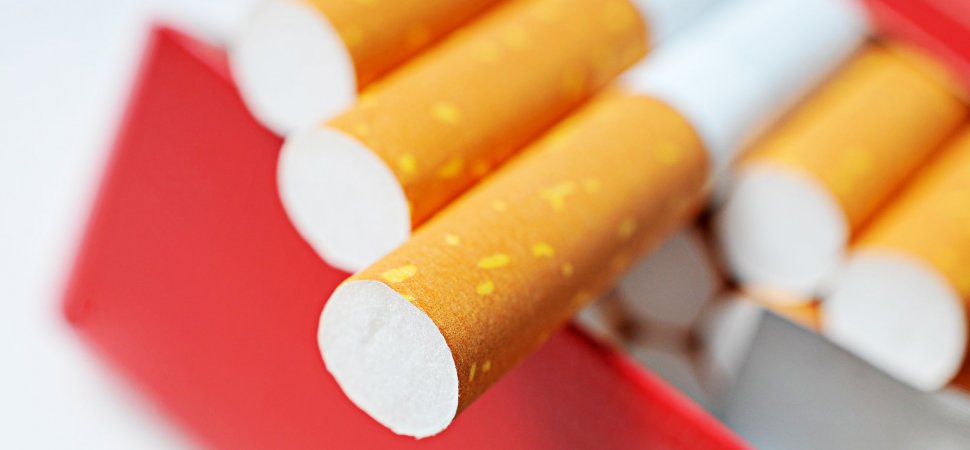
Twenty-five years ago, the internet was still in the hands of a group of optimistic techies. Early adopters were aware of its powerful potential, but few could have predicted its ubiquitous place in our society today. While technology has simplified modern life, most of us share a collective addiction to our devices. We have all experienced the itchy feeling when we are separated from our phones for too long, or the groggy, dissociated hangover that follows hours of screen time. As parents, we fight with our children over phone and video game usage but find ourselves in the hypocritical position of texting while asking them about their day. It is unmistakable that our compulsive behavior is having a negative effect on our brains, relationships, and psychological health. Here are some of the current concerns that scientists have about tech in our society today.
We have all experienced the rush that comes after winning a game, setting and making a personal goal, or impressing your boss. This feeling is mediated by a chemical called dopamine, which is released in the brain after a rewarding experience. Dopamine promotes a rush of happiness and contentment. It is naturally released after eating and sex, encouraging humans to procreate and nourish themselves, thereby ensuring survival. Dopamine is also released when we consume several illicit substances, such as cocaine. And when it is released, boy do we feel good, and why we want more.
Critics of the tech industry are concerned that companies purposely stimulate dopamine pathways, creating “compulsion loops” that keep us glued to our devices. Our repetitive behavior is of course financially rewarding to the industry. When we feel the rush of a “like” on Instagram, we crave more. Snapchat users are rewarded for streaks. Twitter sucks in the best of us with inexhaustibly current information. Compulsive use of social media produces addictive attachment, which isolates us from our relationships and draws us away from meaningful and productive experiences.
Social scientists are particularly concerned about the shifts they observe in teen behavior and psychological states. Many born between 1995-2012 have never experienced life without a smartphone or some kind of social media. As a result, they are isolated and more comfortable with their devices than at parties or with friends. Social isolation may be one reason that depression and anxiety have skyrocketed in this age group. The unavoidable addiction draws kids inward, decreasing social connections, which are widely accepted as creating feelings happiness and contentment. It seems the phones that we give our kids for birthdays and holiday presents, are actually making them unhappier.
Shira Lee Segal, LCSW, a psychotherapist at the Midtown Practice for Psychotherapy and Psychiatry in Midtown Manhattan, believes that social media encourages constant comparisons, persuading you that everyone is happier, prettier, and more successful than you are. Many forget that these photos represent a curated moment of how someone wishes to appear, rather than a realistic picture of the ups and downs that occur in every human life. Ms. Segal has a subspecialty in treating millennials, which, according to the American Psychiatric Association, are particularly vulnerable to stress and anxiety from attachment to screen time. She recommends unplugging for extended periods to bring greater calm, focus, and meaningful connections with friends.
Just as tobacco quietly seeped into our lives, silently becoming a quotidian habit for many, social media and tech have become entrenched in our daily routine. Science has shown that it is important to recognize what we give up in order to spend time on our devices, as well as how we feel after spending time perusing various sites. If we can become more mindful of the negative effects of technology in our life, we can move towards using it in more positive ways, curbing our addictive behavior, and moving towards healthier usage.
